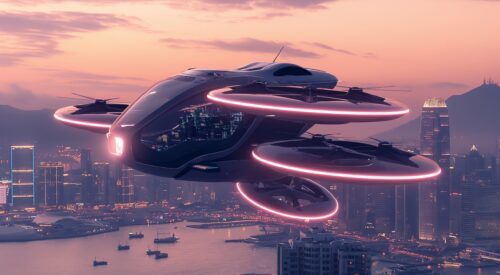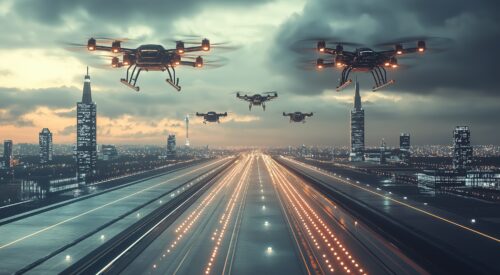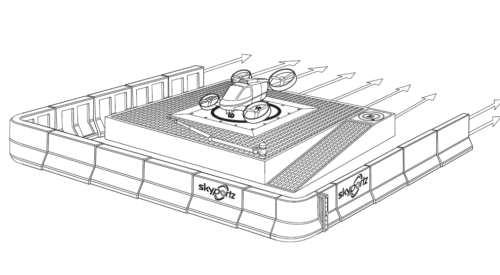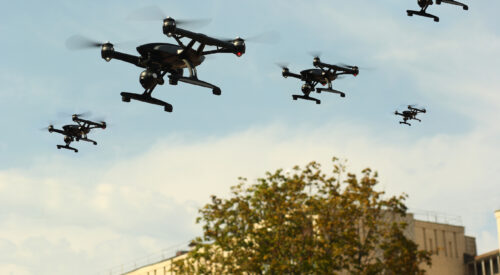Featured
Swatting Down Drone Swarms
Countermeasures Militaries Can Take Against This Latest Battlefield Threat
Advanced vehicular capabilities combined with a significant reduction in the cost of uncrewed aerial vehicles (UAVs), aka drones, have created a dangerous and difficult-to-counter military menace. Writing in the Scandinavian Journal of Military Studies, Matthieu J. Guitton, a faculty member at Université Laval in Quebec City, Quebec, Canada, provides a summary of the nature of…






